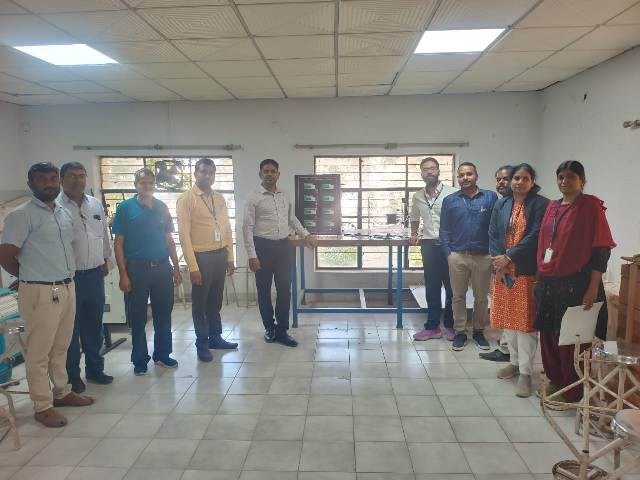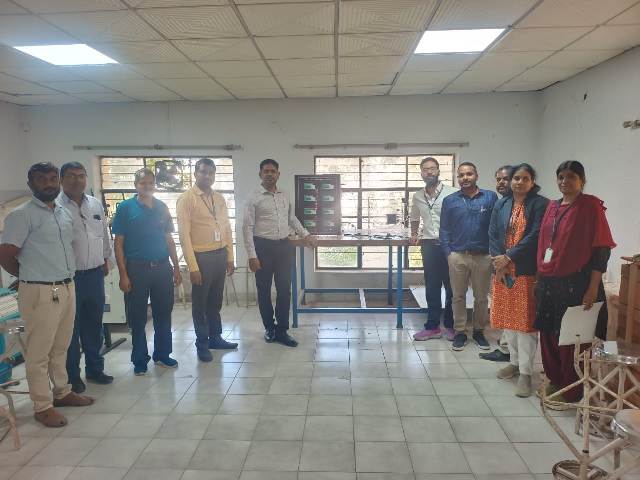The Ecosense Fuel Cell Training System is designed as an
interactive educational platform that bridges the gap between classroom
concepts and industry applications. The hands-on nature of the system allows
students to engage with real-world energy systems, preparing them for careers
in research, development, and industry applications.
1. Modular and Scalable Design
The system’s modular design seamlessly integrates with
DSCE’s existing infrastructure, making it adaptable for various educational and
research applications. Its scalability allows for future expansion to meet
evolving academic and industrial needs. Educational institutions can expand the
system by incorporating additional fuel cells, electrolysis units, and energy
storage modules, making it an evolving learning tool that grows with
advancements in technology.
2. Hands-On Experimentation
Students can conduct a variety of experiments to:
- Analyze
fuel cell behavior under different operating conditions.
- Evaluate
power output variations with changing loads.
- Explore
optimization strategies for improving efficiency.
- Investigate
the effects of environmental factors like temperature and humidity on fuel
cell performance.
- Study
the impact of reactant gas flow rates on system efficiency.
- Compare
different types of fuel cells, such as PEM (Proton Exchange Membrane) and
SOFC (Solid Oxide Fuel Cells).
These experiments help students develop a strong foundation
in renewable energy principles and practical problem-solving skills. The
interactive learning experience enhances retention and deepens understanding
compared to traditional textbook-based learning methods.
3. Real-Time Measurement and Monitoring
Equipped with advanced measurement tools, the system enables
precise monitoring of key parameters such as voltage, current, and temperature.
This hands-on approach provides students with industry-relevant experience in
data analysis and system optimization.
The monitoring system is designed to capture real-time
performance metrics, allowing students to analyze system behavior over
different operating conditions. This data-driven approach ensures that students
learn not only theoretical concepts but also practical insights into system
performance and efficiency.
4. Comprehensive Experiment Manual
A detailed manual accompanies the system, guiding students
through various experimental setups. This resource includes theoretical
background, step-by-step procedures, and troubleshooting guidelines to enhance
learning outcomes and build technical confidence. The manual is structured to
facilitate independent learning while also serving as a reference for educators
to structure coursework and lab sessions effectively.
The availability of structured experimental guides ensures
that students can progress through increasingly complex experiments, from basic
system understanding to advanced research-focused projects.


